I am very happy because I didn't have to repeat grade 7. Otherwise, I would have lost a year of my life.
Background Information
The conflict ravaging the Syrian Arab Republic has left over 13 million people in need of humanitarian assistance. While the international community has mobilized to provide shelter, food and life-saving aid, UNESCO has been working to support the education system.
Some 2.1 million children are out-of-school in Syria and another 1.3 million are at risk of dropping out. Girls are nearly 2.5 times more likely to be out-of-school in conflict areas. More than one school in three is damaged and school safety remains a critical barrier, especially for girls. Despite significant challenges, the country's education system is still operational.
Action
Under the Second Chance Programme launched in 2017 through the Cap Ed Programme, UNESCO offers primary school students who have failed their final exams the opportunity to catch up and move on to the next year. This is an intensive eight-week summer program that combines academic and extra-curricular activities such as music, games and sports. Students also receive gender-sensitive psycho-social support, provided by trained counselors and teachers, to help them cope with conflict-related trauma and stress.
Impact
Nearly 115,000 students, more than half of whom are girls, have benefited from the second chance programme in Syria, with about 80 per cent of them successfully moving up to the next grade. This allowed them to continue their studies and provide support to families who would not have been able to afford tutoring. This year's program alone is expected to reach an additional 65,000 learners in all 14 provinces.
Some 10,000 teachers have been trained to deliver this programme and provide gender-sensitive psycho-social support and 40,000 teacher manuals have been distributed to others.
However, the country's needs remain greater than the support provided by the Second Chance Programme. As part of its strategy to help rehabilitate the Syrian education system, UNESCO is supporting the country in the development of a transitional educational plan and a national policy for non-formal education. This also includes the revision of curricula, teacher training, catch-up programmes and the provision of school materials.




 User Center
User Center My Training Class
My Training Class Feedback
Feedback

